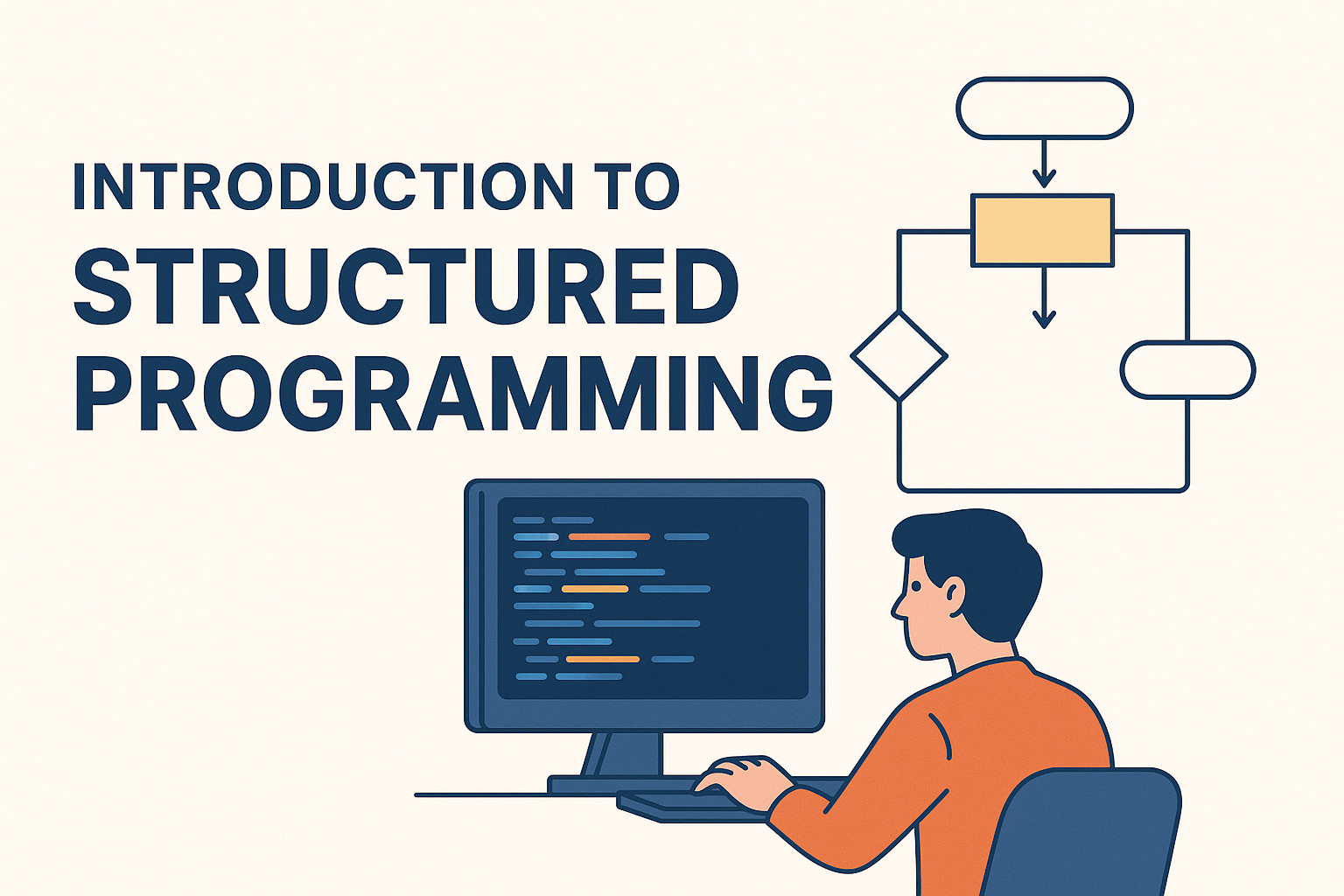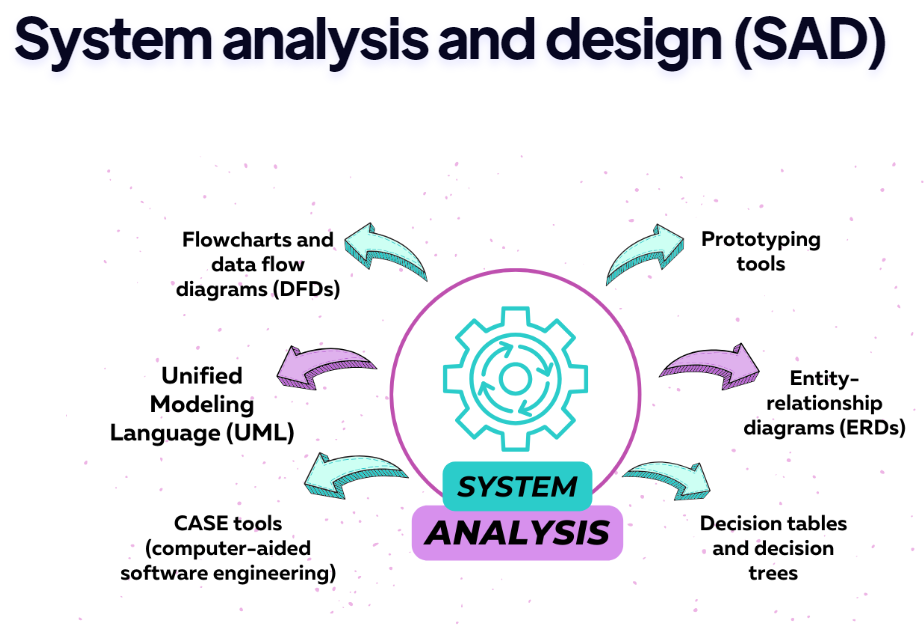- Teacher: Alice Aluwah Blay
Search results: 73
- Teacher: Emmanuel Abaidoo
- Teacher: Dr. Nana Kofi Ahoi Appiah-Badu

This course introduces students to the principles and practices of developing games for the Android platform. It covers the entire game development process, from concept to deployment, focusing on the use of modern tools and frameworks.
Key topics include:
-Introduction to Game Development: Overview of game design principles, genres, and the game development lifecycle.
-Android Fundamentals: Understanding the Android architecture, development environment, and user interface components.
-Game Engines and Frameworks: Introduction to popular game engines (e.g., Unity, Godot) and libraries (e.g., LibGDX) for game development.
-2D and 3D Graphics: Techniques for rendering graphics, including sprite animation, textures, and 3D modeling.
-Physics and Animation: Implementing physics simulations, collision detection, and character animations.
-Game Logic and AI: Developing game mechanics, state management, and basic artificial intelligence for non-player characters (NPCs).
-Monetization and Publishing: Strategies for monetizing games and best practices for publishing on the Google Play Store.
By the end of this course, students will have the skills to design, develop, and publish their own Android games, fostering creativity and technical proficiency.
Prerequisites: Basic programming knowledge in Java
- Teacher: Kingsley Drah
- Teacher: Abigail Owusu Amoh
- Teacher: Janet Sintim Aboagye
1. This course presents a systemic and comprehensive approach to the study of the human body. The course starts with an introduction to the language of anatomy by reviewing anatomical positions, directional terms, body planes and sections, body cavities and membranes, abdominal-pelvic regions and quadrants. This is followed by an overview of cellular processes, tissue classification, and genetics. Students are then introduced to the gross and microscopic anatomy of the following systems: Cardiovascular System (Vascular System and the Heart). Students will develop a strong foundation for advanced study in physiology, pathology, and clinical sciences.
- Teacher: Peter Nyarko Coffie
- Teacher: Alice Aluwah Blay

COURSE DESCRIPTION
The course describes the functions of the structures of the human body. Systems including the muscles, nervous, cardiovascular, respiratory and gastro-intestinal are cover under this course. The knowledge acquired will be applied to nursing practice
COURSE OBJECTIVES
By the end of the course, the student will be able to:
· describe the cellular basis of physiology and the composition of body fluid
· explain transportation of fluid and other substances across the cell membrane
· explain process of homeostasis
· explain functions of muscles
· explain functions of the nervous system
· explain the functions of the heart and the vascular system
· Discuss the functions of the respiratory system
· Describe the functions of the gastro-intestinal system
- Teacher: Daniel Cudjoe
- Teacher: Alice Aluwah Blay
- Teacher: Isaac Ampong
- Teacher: Dr. Nana Kofi Ahoi Appiah-Badu
- Teacher: Dr. Nana Kofi Ahoi Appiah-Badu
- Teacher: Kingsley Drah
- Teacher: Prof Edward Owusu
- Teacher: Elsie Amoah
- Teacher: Joseph Jenkins Mensah
- Teacher: Dr. Abena K.A Abaitey

Introduction to Structured Programming is a foundational course that teaches students the fundamental principles and techniques of the structured programming methodology. This course emphasizes the systematic approach to problem-solving through the use of well-defined control structures, modular design, and top-down programming techniques. Students will learn to write clear, efficient, and maintainable code using structured programming paradigms, with practical implementation in a high-level programming language such as C, Pascal, or Python.
The course covers essential programming constructs including sequence, selection, and iteration, while emphasizing proper program design, documentation, and debugging techniques. Students will develop skills in algorithm development, flowcharting, pseudocode writing, and translating problem statements into working programs.
- Teacher: Emmanuel Abaidoo
- Teacher: Rev. Isaac Boaheng

The course covers patients' physical, psychological, and social assessment, including fluid and electrolyte balance. It will also allow the student to explain communicable diseases' causes, manifestations, and management. Students' skills will be developed to perform nursing assessments on patients.
COURSE OUTCOME
By the end of the course, the students will be able to:
- Describe the various ways of assessing patients
- Develop skills to perform nursing assessments on patients
- Discuss fluid and electrolyte imbalances
- Describe and manage common communicable diseases
- Teacher: Dr Simon Akwasi Osei
- Teacher: Ignatus Boakye
- Teacher: Hannah Biney
- Teacher: FRANKLIN ACQUAH
- Teacher: FRANKLIN ACQUAH
- Teacher: Benjamin Yenmalug
- Teacher: Benjamin Yenmalug
- Teacher: Dr K. Sarfo-Adu
- Teacher: Janet Sintim Aboagye
- Teacher: Janet Sintim Aboagye
- Teacher: Prof Yaw Adu-Gyamfi
The course is designed to help students understand God as revealed in the Old Testament – His nature, the ways in which its authors thought this God had acted, and what they believed He had commanded. It also covers methodologies in OT Theology, worldview of OT, the progressive nature of God’s self-revelation, centrality of covenant between God and Israel; covenant statutes and instruments; concepts of law, Messiah and salvation and the nexus between the OT and NT.
Find the Course Outline on this page and read further using the reading list as a guide.
- Teacher: Rev. Dr. Emmanuel Twumasi-Ankrah
- Teacher: Dr. Thomas Agyarko-Poku
- Teacher: Lawrence Micah-Amuah
- Teacher: Lawrence Micah-Amuah
- Teacher: Dr Yaw Manu Boateng
- Teacher: Janet Sintim Aboagye
- Teacher: Janet Sintim Aboagye
- Teacher: Janet Sintim Aboagye
- Teacher: Vida Boakye
- Teacher: Janet Sintim Aboagye
- Teacher: Janet Sintim Aboagye
- Teacher: Charlotte Yeboah Domfeh
- Teacher: Josephine Sarfo
This course provides the opportunity for student midwives to differentiate between the healthy and the unhealthy neonate. Also, it is designed to equip the student midwife with knowledge, skills, and attitude to identify, manage and or refer the high-risk neonate.
- Teacher: Josephine Sarfo
- Teacher: Janet Sintim Aboagye
This course introduces students to some of the fundamental concepts and principles of financial accounting. The course is designed taken into consideration the prerequisites of students as non–accounting students. Its therefore gives students some basic knowledge in Accounting as a support to help them in church administration and finances. After going through the course students will be equipped to understand and appreciate some basic principles of Accounting in relation to Church Administration.
- Teacher: Patricia Adutwumwaa
- Teacher: Nana Danso Boafo
- Teacher: Dr. Kofi Amponsah-Kwatiah
- Teacher: Rev. Isaac Boaheng
The Research Methods course is a practically oriented course designed to impart on students to develop techniques of quantitative research in social sciences context.
This course introduces students to quantitative research methods for conducting meaningful inquiry. In this course, students will gain an overview of research intent and design, methodology and techniques, format and presentation, and data management and analysis informed by commonly used statistical methods. The course will develop each student’s ability to use research methods knowledge to become more effective in dealing with quantitative data.
- Teacher: Jerry Jay Kraa

The course introduces the student to the theatre environment and its operational techniques, the members of the theatre team and their functions. It also equips the students with skills to demonstrate the general pre, intra and post-operative management of surgical conditions. Additionally, the course equips the student midwife with the knowledge and skills to identify and manage patients with inflammatory conditions, neoplasm, wounds, gynaecological conditions, and pain management. Provision is made for students to acquire knowledge and skills in palliative care in managing terminally ill patients.
- Teacher: Daniel Cudjoe
- Teacher: Rev. Isaac Boaheng

This course provides an in-depth exploration of the principles and methodologies of system analysis and design. It covers the entire system development life cycle (SDLC), from initial feasibility studies to implementation and maintenance. Students will learn to identify user requirements, analyze system needs, and design effective solutions using various modeling techniques.
Key topics include:
-System Development Life Cycle (SDLC): Phases of system development, methodologies (waterfall, agile, etc.), and project management.
-Requirements Gathering: Techniques for eliciting user needs, including interviews, surveys, and use cases.
-Modeling Techniques: Introduction to data flow diagrams (DFDs), entity-relationship diagrams (ERDs), and Unified Modeling Language (UML).
-Design Principles: Best practices for system design, including interface design, database design, and architectural design.
-Implementation Strategies: Approaches to coding, testing, and deploying systems, as well as change management.
-Case Studies: Real-world examples to illustrate the application of concepts learned.
By the end of this course, students will have the skills to analyze complex systems, develop effective design specifications, and implement solutions that meet user requirements.
Prerequisites: Introduction to Information Systems or equivalent experience.
- Teacher: Kingsley Drah

This course provides an in-depth exploration of the principles and methodologies of system analysis and design. It covers the entire system development life cycle (SDLC), from initial feasibility studies to implementation and maintenance. Students will learn to identify user requirements, analyze system needs, and design effective solutions using various modeling techniques.
Key topics include:
-System Development Life Cycle (SDLC): Phases of system development, methodologies (waterfall, agile, etc.), and project management.
-Requirements Gathering: Techniques for eliciting user needs, including interviews, surveys, and use cases.
-Modeling Techniques: Introduction to data flow diagrams (DFDs), entity-relationship diagrams (ERDs), and Unified Modeling Language (UML).
-Design Principles: Best practices for system design, including interface design, database design, and architectural design.
-Implementation Strategies: Approaches to coding, testing, and deploying systems, as well as change management.
-Case Studies: Real-world examples to illustrate the application of concepts learned.
By the end of this course, students will have the skills to analyze complex systems, develop effective design specifications, and implement solutions that meet user requirements.
Prerequisites: Introduction to Information Systems or equivalent experience.
- Teacher: Kingsley Drah
- Teacher: Dr. Samuel B. Adubofour

- Teacher: Emmanuel Abaidoo
